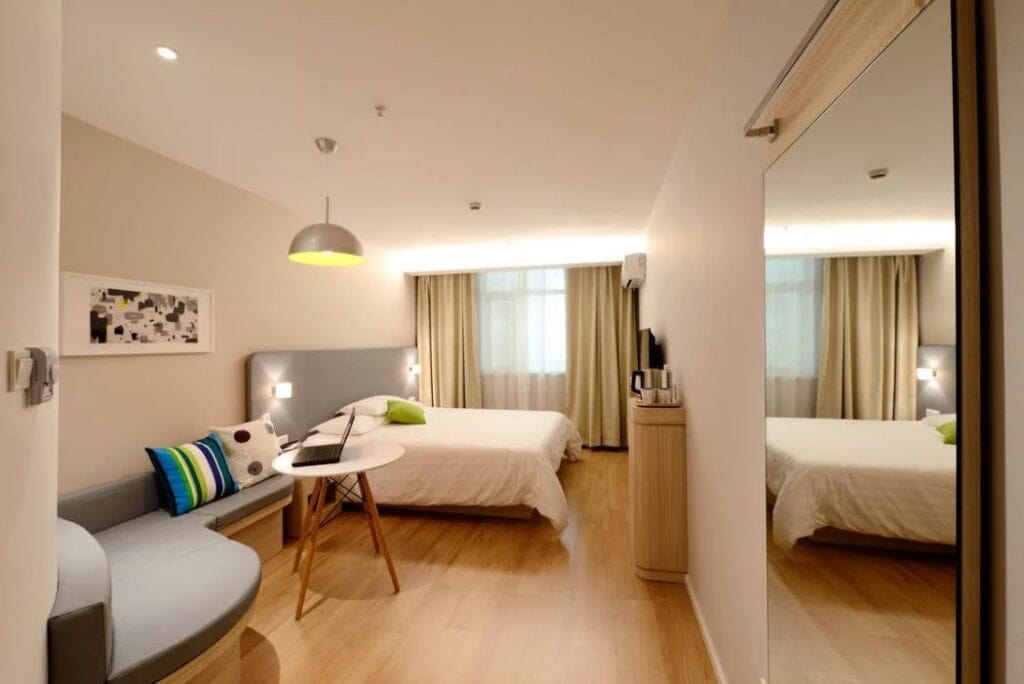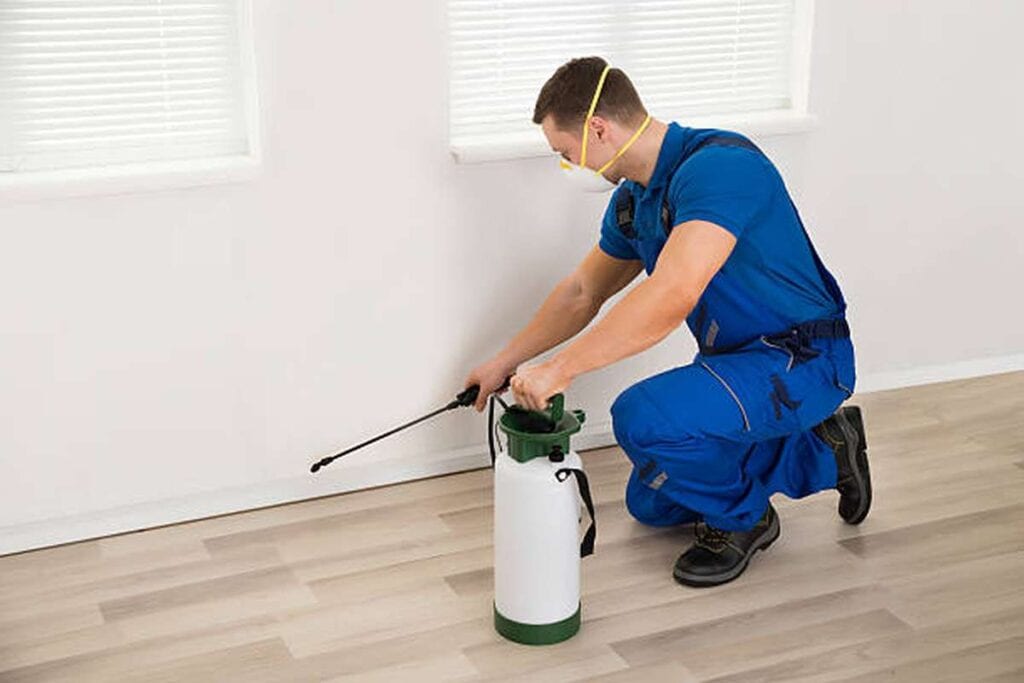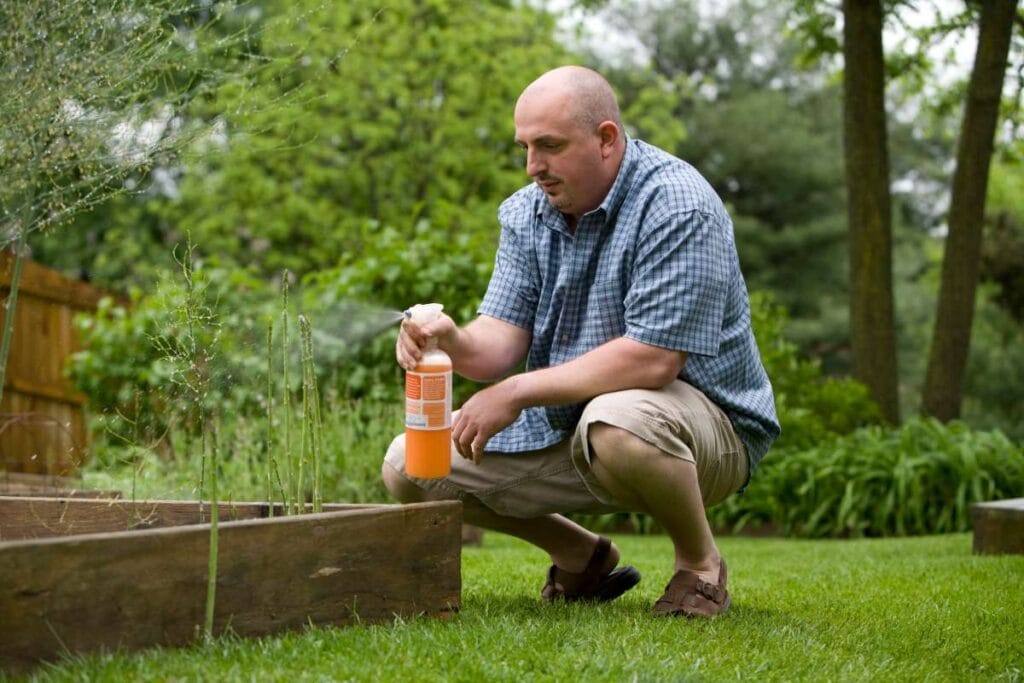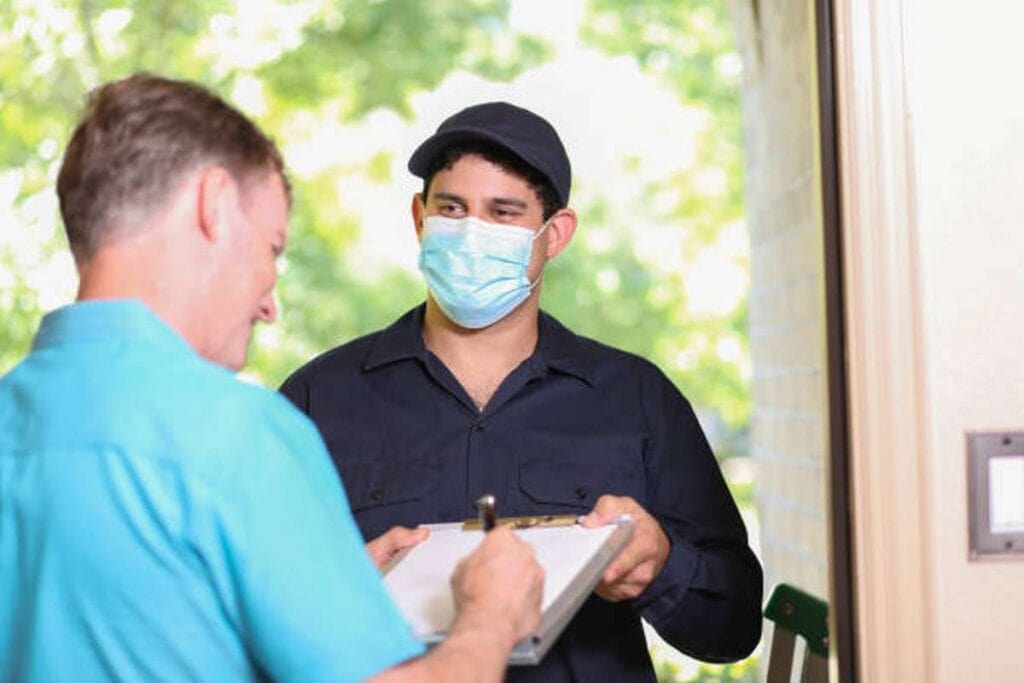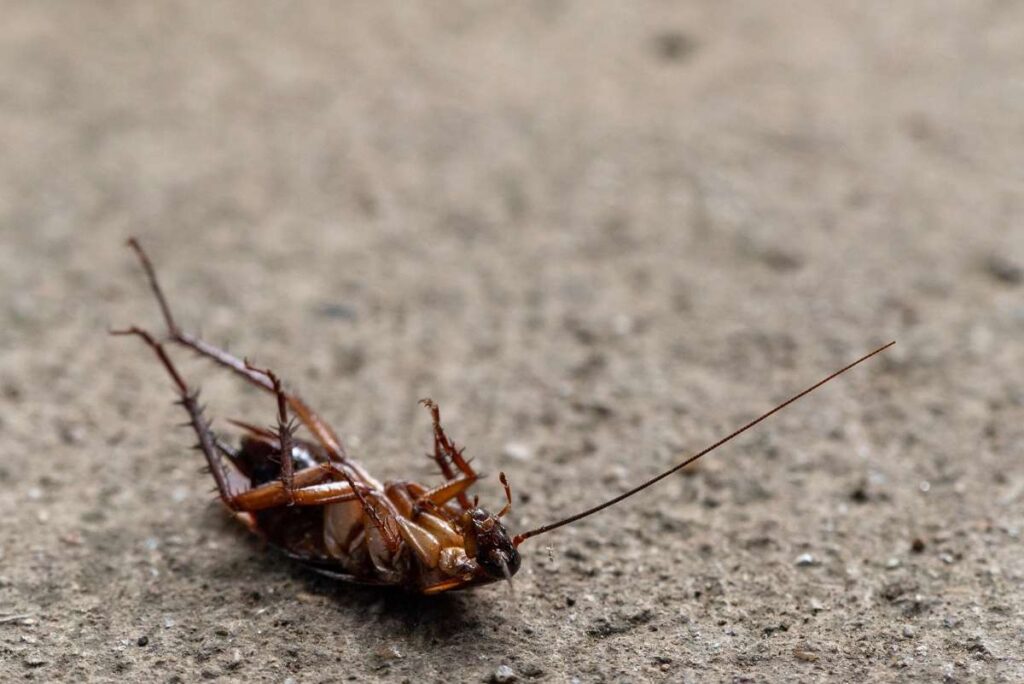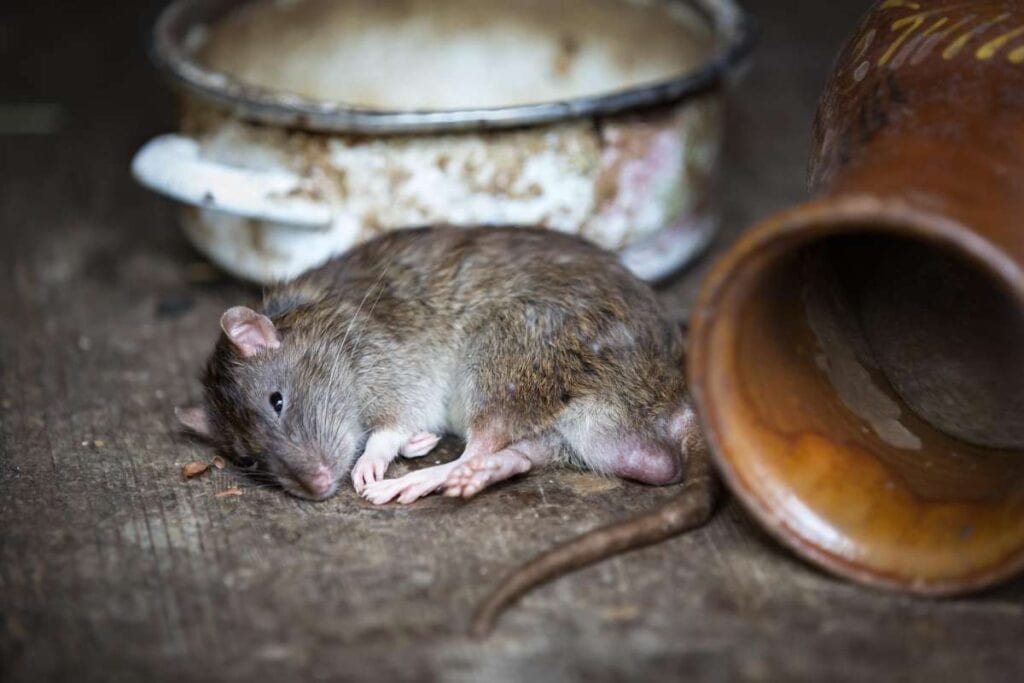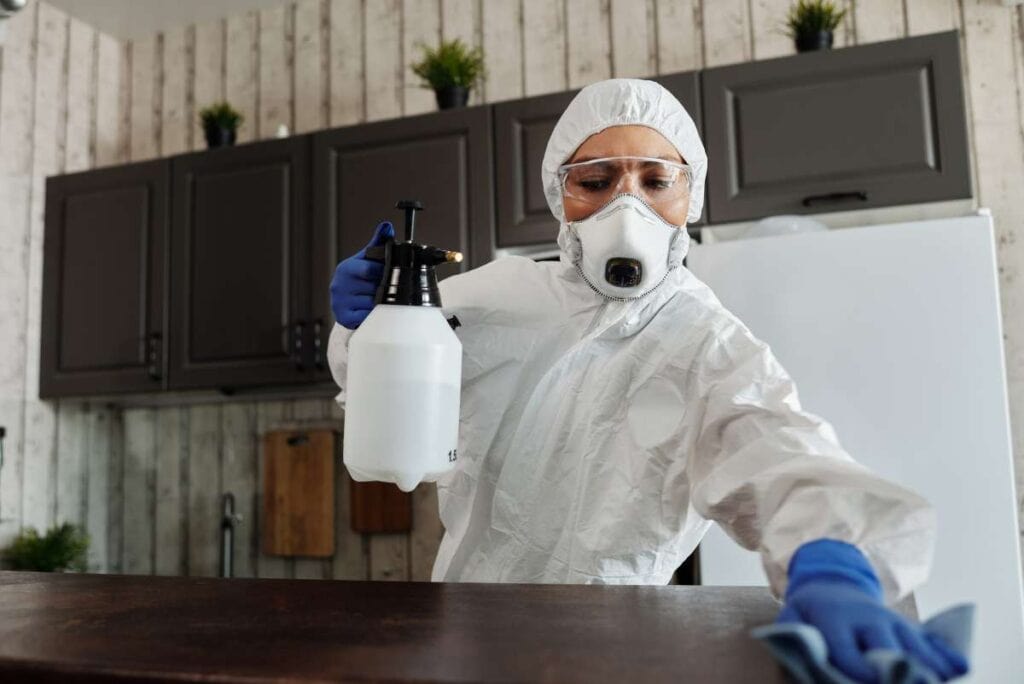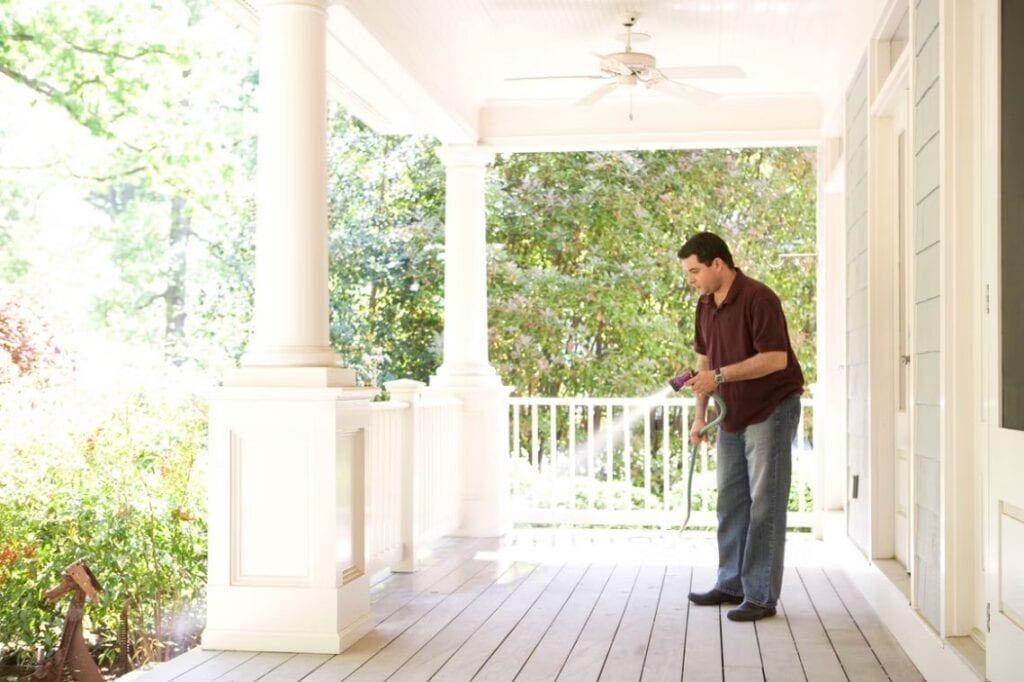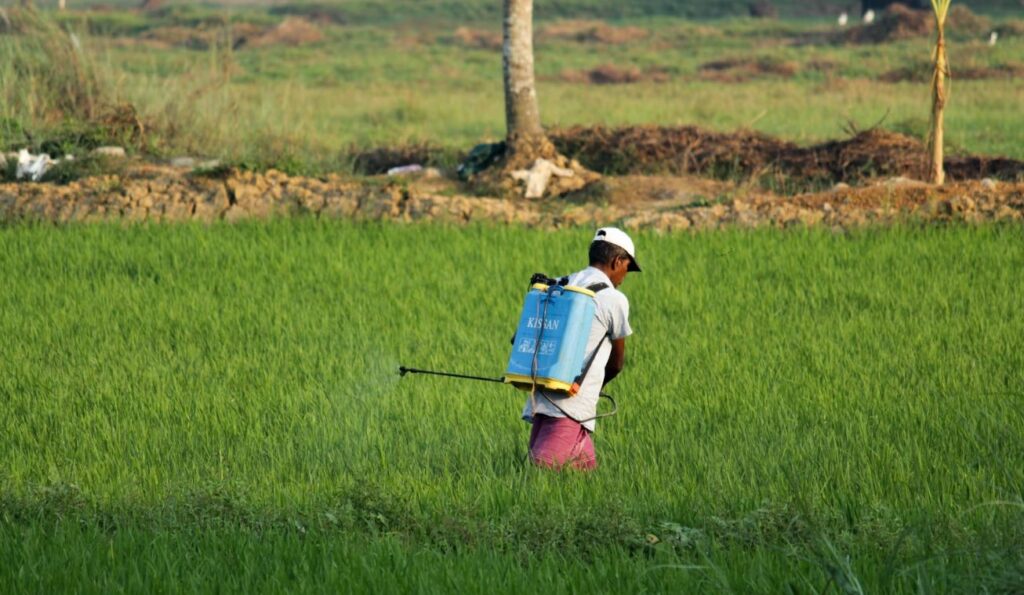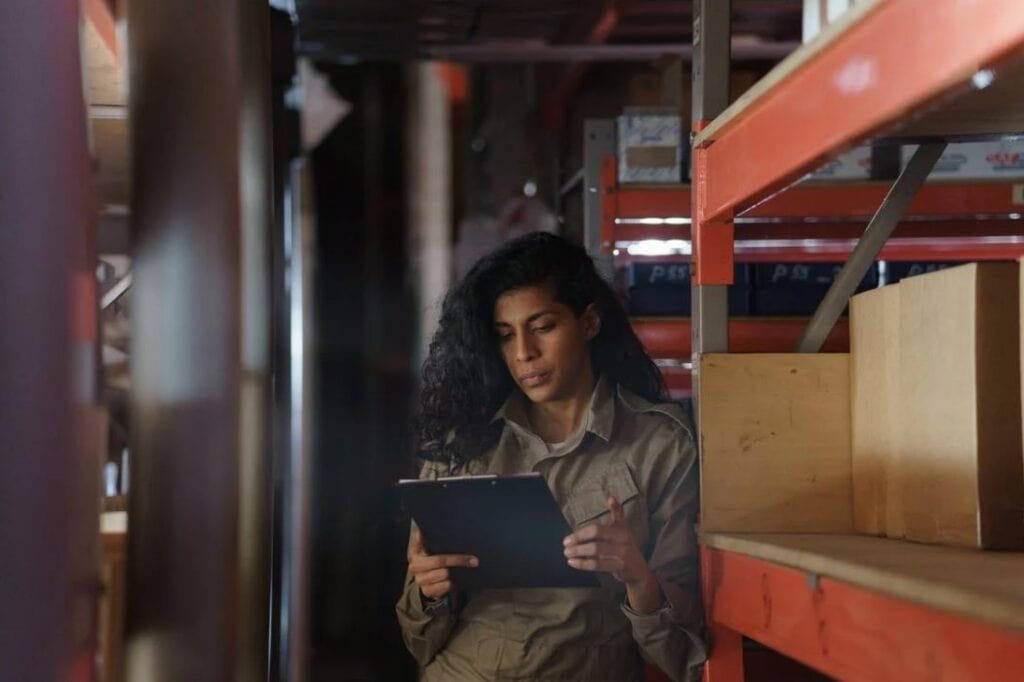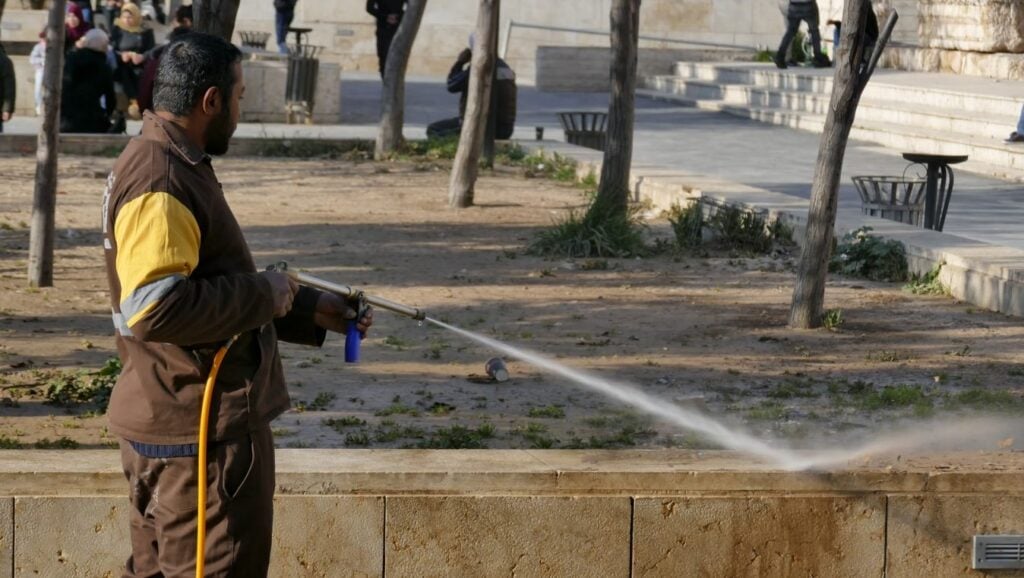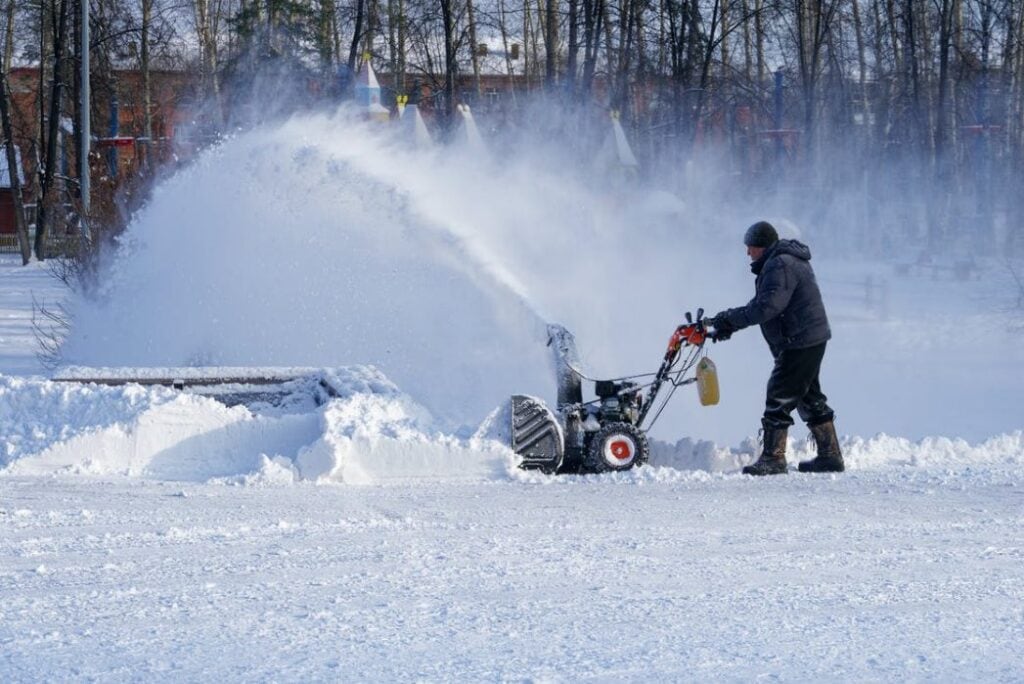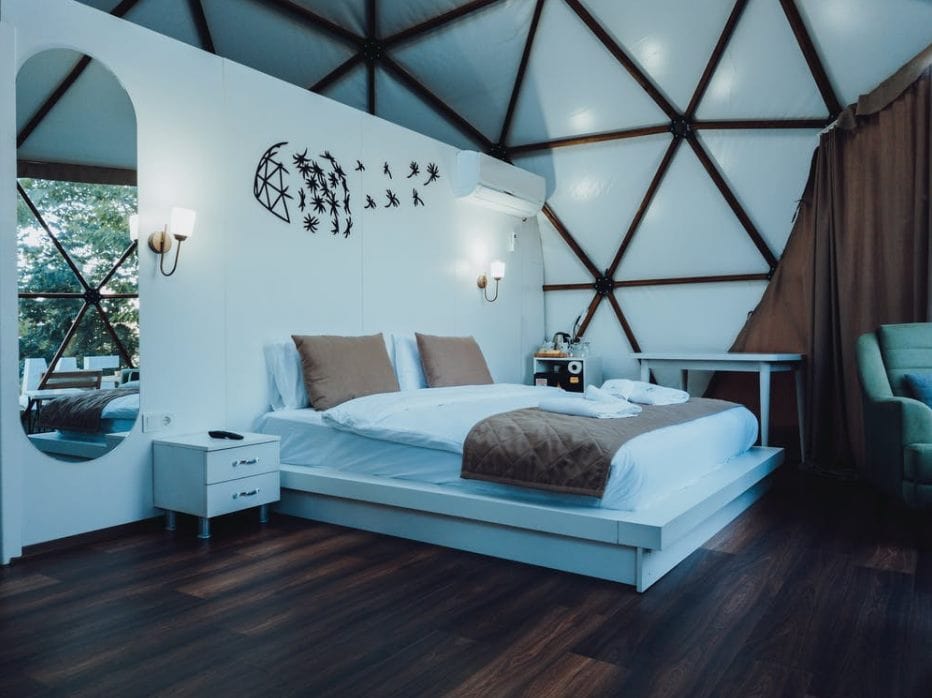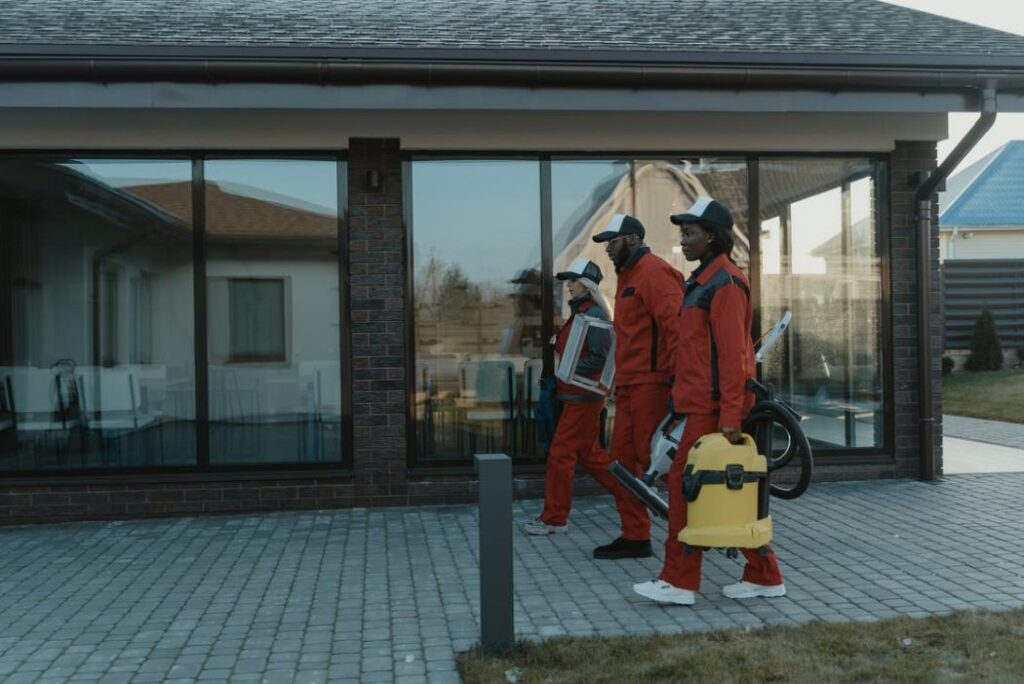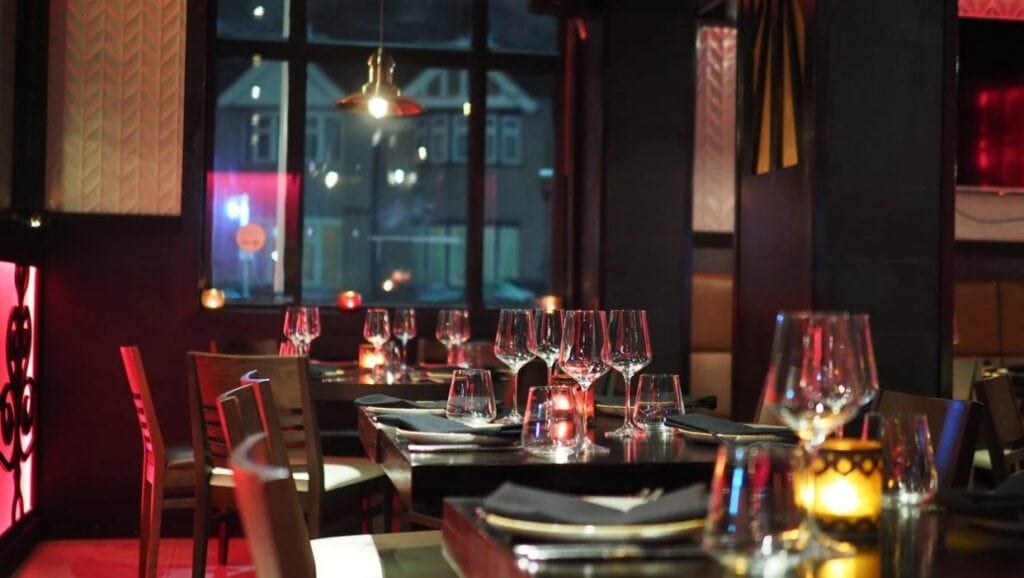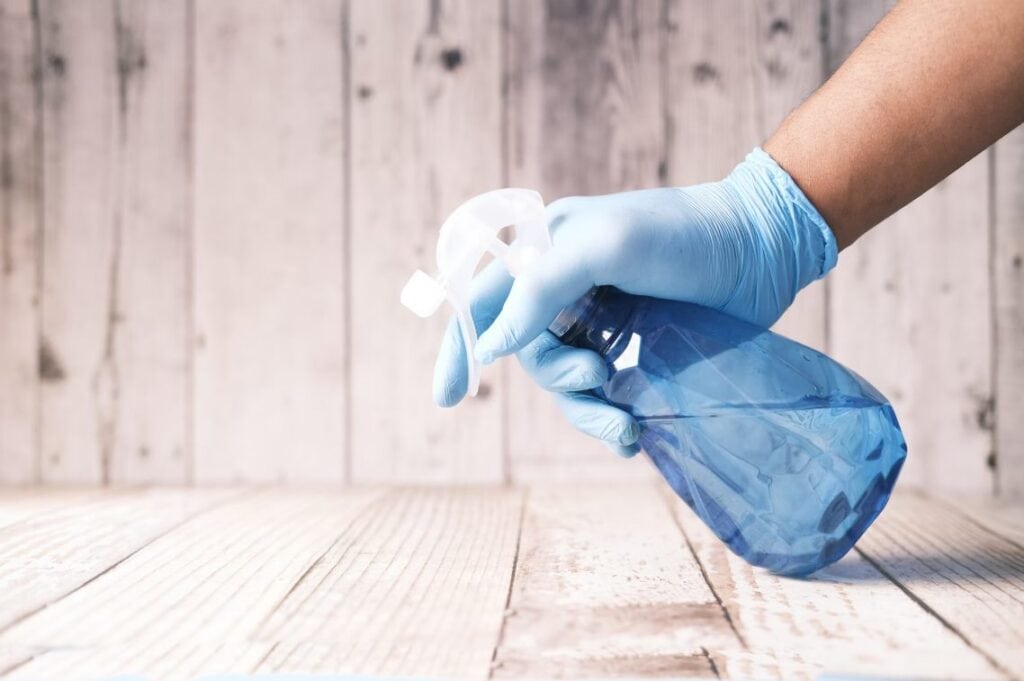Those who are going on a trip but are worried about being bitten by bed bugs or other pests while away can benefit from the following hotel pest control suggestions. And if you have an infestation now, don't worry; we have solutions for that, too. So, read on to find out what you need to know to have a fantastic vacation devoid of unwanted visitors.
FAQs About Pest Control
A variety of common pests can be found in hotels, including mice, rats, cockroaches, flies, and bedbugs. Hotels have a higher risk of infestation due to food availability, the high turnover of guests, and the lack of adequate pest control measures.
Hygiene, biological, chemical, physical, fumigation, fogging, and heat treatment are some of the many options available for eradicating unwanted pests.
Pest control is an essential service for hotels. Any business that doesn't take reasonable measures to eliminate pests runs the risk of being shut down, fined, and even prosecuted.
Following proper cleaning procedures in kitchens and other areas where food is stored and prepared is essential. Keep food in containers that insects cannot open. Keep the draining system in good working order. Put in place procedures for waste removal, such as transporting trash to appropriate containers within a clean, secure facility.
Any edibles should be stored in airtight containers off the floor to deter pests. Fill in any cracks or openings that rodents could use to enter the building with a complex material to chew through. To prevent problems from entering your home, make sure to seal any cracks under doors and instal screens on any windows or vents that will be left open.
Hotel Pest Control Cost-Cutting
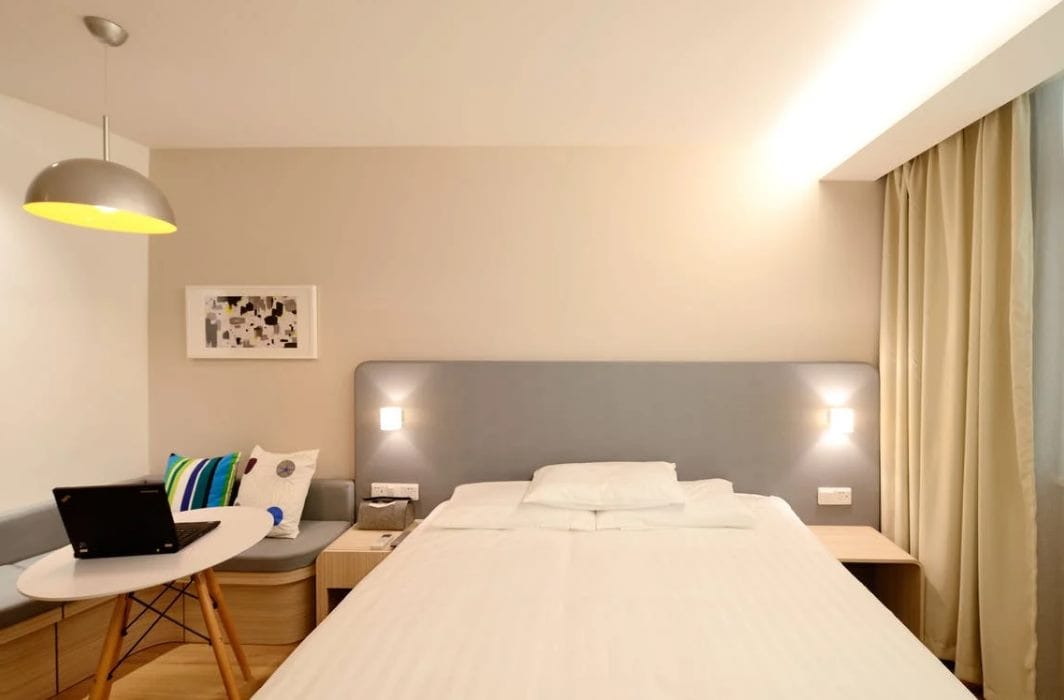
For many reasons, hotels need to take preventative measures against pests. Guests should feel safe and secure in all areas of the hotel, including their rooms, the lobby, the restaurant, the bar, the fitness centre, and the spa.
Any pest control efforts, whether performed in-house or contracted out, must be conducted safely and legally by trained professionals.
Hotels must adhere to numerous regulations governing health and safety, food safety, and the environment. Some animals that are considered pests are also protected under wildlife legislation.
Have you contacted All Pests yet about scheduling your appointment?
We're experts at getting rid of pests, and we have a wide range of services to choose from. We can help with everything from termites to spiders, so you can rest assured that your home will be pest-free in no time.
We understand how important it is for your family and pets to be safe and healthy, which is why we use only the safest and most effective methods available. You won't find a better team of professionals than us when it comes to taking care of your pest control needs.
Visit our website now to learn more about our services, or call us at 0409 523 029.
Do Away With Any Potential Entryways.
Places Where Bugs Can Get In
Regarding preventing pest infestations, the barrier method is still among the top choices. Locate potential entry points that insects could use to enter your home. During a check, we can point out possible entry points if you are unsure what to look for.
Doors and windows are typical entry points in public spaces like restaurants and hotels. Pests can find an easy way in through the front door if customers constantly come and go. When handling their duties, your employees may be tempted to cut corners.
For larger entrances, one option is to instal an air wall that exhausts outside air, making it more difficult for flying insects to enter the building. You can better protect common entrances from being accidentally left ajar by installing automatic doors. You should adequately install weatherstripping around all windows and doors.
Maintain A Clean And Safe Environment For Food Storage And Trash Receptacles Obviously, you will attract pests to clean food. Maintaining a spotless point of service is a priority, but it's also essential to give some attention to less obvious areas.
Outside nesting by rodents and insects often serves as the precursor to an indoor infestation. It would help if you regularly hose down the dumpster area to remove trash and debris. You should immediately pick up any residue left by a trash can or bag on its way to the dumpster.
Staff Should Be Trained To Identify The Symptoms Of An Infestation.
You should create a method for employees to report pest problems.
Everyone on your team needs to be able to recognise the telltale signs of a pest problem. The bed linens and towels have been inspected, and bed bug evidence has been found. The kitchen staff may find evidence of pests, such as droppings or hairs.
Establish a method for employees to report any concerns about a pest invasion. In an ideal scenario, you'll be able to get in touch with the property manager or whoever is in charge of scheduling professional inspections quickly.
Your hotel's patrons are entitled to a pest-free, cosy stay or meal. A variety of commercial pest control packages from us will help you maintain a good name in the community.
Develop An Ipm Plan To Control Pests.
In many cases, an Integrated Pest Management approach works much better than simply reacting to pest problems as they arise. Integrated Pest Management (IPM) reduces the likelihood of an infestation occurring at any time of the year using routine inspections, monitoring, action thresholds, and control practices when pest problems reach unacceptable levels.
An IPM strategy can help you save money in multiple ways: by reducing your reliance on expensive pesticides and identifying and dealing with pest problems before they escalate into full-blown emergencies. If you haven't already, now is the time to consult a pest management expert about implementing an IPM strategy.
Check That Cleaning And Food Service Are Done Properly
It's natural for a hotel owner to worry most about preventing pests that guests might bring in. Still, it's also important to remember that the staff plays a significant role in maintaining a pest-free environment. There's no point in employing state-of-the-art pest exclusion practices if intruders are sneaking in behind the scenes on your employees' backs.
Regular pest exclusion training for employees is essential, as is ensuring that everyone from the cleaning crew to the kitchen staff follows the best practices they've learned to keep pests at bay.
It's important to tackle pest problems quickly.
It's tempting for a hotel owner to ignore a serious pest problem or cover it up, so no one notices. Hotel owners should address pest problems immediately.
By partnering with a seasoned expert in the field of pest management to implement Integrated Pest Management and routine inspections, you can better prepare yourself to deal with even the worst and most unexpected pest problems. Beyond that, it's important to be forthright with your customers and employees about the problem's identification and the measures taken to rectify it.
Welcome Guests, Not Invaders
Insects and other pests are the last things a hotel manager needs to worry about, but unfortunately, this is a common issue in lodging establishments worldwide. For this reason, many lodging establishments contract with extermination firms staffed by experts to ensure continuous protection against visible and invisible pests throughout the year.
Do you have large pests in your area? All Pests is the company to call for large pests removal in Melbourne. We have the experience and expertise to take care of any infestation, big or small.
Keep An Eye Out For Pests At Your Hotel.
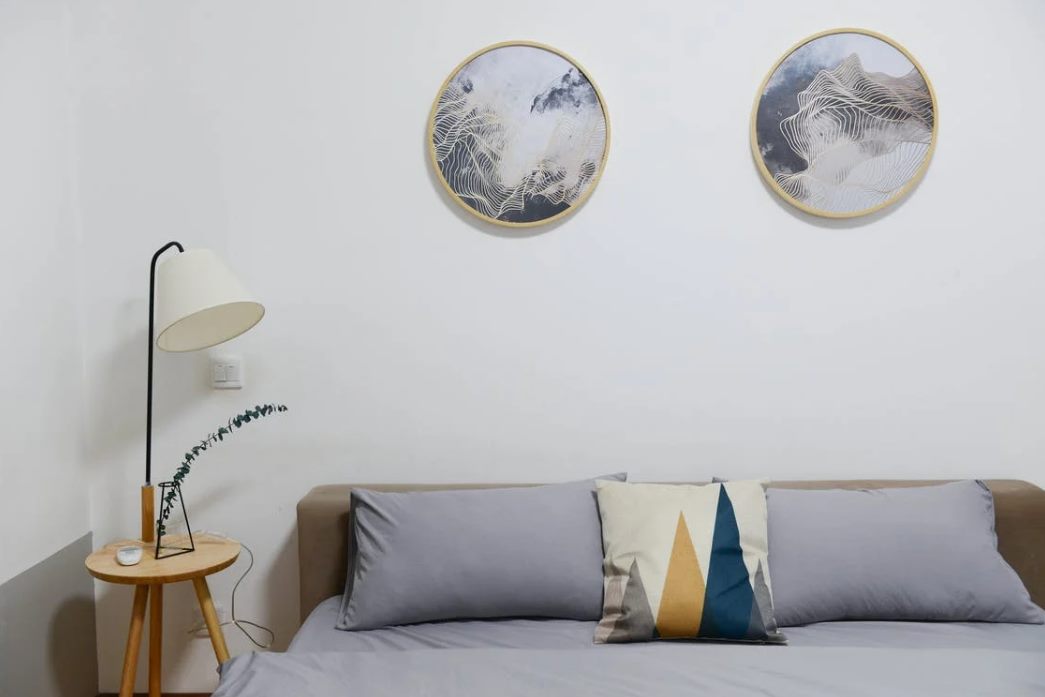
Remove guests from infected rooms and seal them off until the pest problem is resolved; this should be standard procedure.
Sealing off adjacent bedrooms (including those on upper and lower floors) may be necessary. Learn more about the detection and treatment of bed bugs.
Prevention Of Pests Should Be A Top Priority.
Keep unwanted visitors away!
The best pest control method is to take measures that will not attract pests in the first place. Flies and cockroaches consider even drips and crumbs adequate meals, so if you leave food out, the problems will come to eat it.
Since rodents, insects, and other pests like cockroaches and flies congregate around food sources, your hotel is at risk of being infected if you keep offering them food.
Assist The Clientele By Hearing Their Voices
Social media can devastate a hotel's business reputation and customer satisfaction in a matter of minutes. With customers leaving in droves, this can quickly add to a massive loss for a company.
Prepare a strategy for responding quickly, politely, and effectively to customer reports and complaints about pests. Customers are often more frustrated by the company's poor response to an incident than by the incident itself.
How To Prevent The Top 5 Pests Annoy Hotel Guests.
Parasitic Insects, Also Known As Bed Bugs
Because of the rise in international travel in the last two decades, bed bugs have become increasingly prevalent. Since guests often unknowingly bring bed bugs into a hotel, even the cleanest establishments are not immune to an infestation.
Because of their ability to go without food for long periods, bed bugs are frequently spread between hotels.
One's likelihood of complaining about service on social media increases if they are reminded of a negative experience.
Finding and eliminating bed bugs as soon as possible is crucial for preventing an attack on guests.
Bed bugs are the most detrimental to a hotel's good name among all unwanted guests. Bed bugs are notoriously hard to detect and even harder to eradicate. They can enter a home on visitors' belongings, in poorly laundered clothes, or through any other entry points.
Hotel management must constantly be on the lookout for bed bugs, conduct routine inspections and act swiftly in response to guest complaints or observations. In the event of an infestation, a professional pest controller can advise you on the best course of action to eliminate the pests and return your hotel to normal.
Do you have a pest problem? All Pests is a team of experts in small pests removal in Melbourne. Our fast and effective treatments will take care of any infestation, so you can rest easy knowing your property is safe.
Sucking Blood From Humans As Bedbugs
The warmth, carbon dioxide, and other body chemicals given off by a feeding host are what attract bed bugs. To successfully obtain a blood meal, they must remain close to potential hosts. However, if they are starved, they will begin to crawl, eventually spreading from room to room and even floor to floor.
Bed bugs are primarily nocturnal feeders, emerging from their hiding places after dark to seek a blood meal from a warm, moving host.
With an adequate blood supply, a female bed bug can lay 200-500 eggs per month. The eggs hatch and the young mature into adults over about five weeks, leading to a rapid increase in population if not checked.
Cockroaches
In areas with an abundance of food, cockroaches can become a nuisance. Cockroaches can be found anywhere food is prepared or served, including hotel rooms, restaurants, bars, and even the lobby's public restrooms. They prefer to sleep through the day and go out in search of food at night and are classified as nocturnal. They hide in the dark in places like notches in the building's structure, behind walls, in appliances, food packaging, cables and pipes, and in the sewer system.
Although the specific habitat preferences of different cockroach species may vary slightly, most cockroaches are found in warm, humid environments.
Cockroaches, like bed bugs, can enter hotels in various ways, including hitchhiking on the shoes and luggage of guests, sneaking in through cracks in the floor or the trash can, or even hiding in the walls near these and other rooms. However, one thing remains constant: a cockroach sighting can damage your hotel's business.
Flies
Many fly species are a nuisance in hotels because they are drawn to the scent of food and food waste. The odours emanating from the kitchen and dining areas are a significant attractant for house flies, fruit flies, drain flies, and blow flies. It's the housefly and the fruit fly that cause the most problems.
House Fly
House flies are a health risk because they feed on garbage, decaying food, and animal waste, in addition to being an annoyance to guests.
House flies will land on almost any food and contaminate it by depositing debris from their bodies, regurgitating digestive juices, and defecating.
E. coli, Campylobacter, Cryptosporidium, fungi, and parasitic worms are just some of the microorganisms that a fly bite can transmit.
House flies are a common nuisance in public food service areas such as restaurants, bars, kitchens, lobbies, and delivery areas. Open windows and doors near outdoor food waste storage can also attract flies, which can be a nuisance.
Words To The Effect Of "Fruit Fly."
Fermented and sugary beverages can attract fruit flies. Wasted food, spoiled or otherwise imperfect produce, empty beverage containers, dripping faucets, and other similar sources all fall into this category.
Fruit flies spread disease and spoilage organisms by feeding on faeces, which they then transfer to other foods they visit.
It's not uncommon for fruit flies to become a nuisance in kitchens, bars, and restaurants where sweet and fermented drinks are served and in other areas with food waste storage. The eggs are laid in a semi-liquid substance found in decaying produce. At 20°C, the egg hatches after 14 days; at 30°C, it takes only 8.
Rodents
Mice and rats are drawn to hotels because of the abundance of food in the hotel's kitchens, restaurants, and garbage storage areas. If there isn't proper management of food and garbage, populations can increase.
Rodents are a problem for hotel owners all year long, but they are incredibly determined to invade your establishment when the weather gets colder (think fall and winter).
The best way to discourage rodents from making your home theirs is to get rid of the things they might find appealing. Cleaning up after yourself, not leaving trash lying around, and sealing off any possible entry points are all essential steps to prevent pest infestations.
Elimination Of Rodents
Doors, vents, windows, and pipe/cable entry points should be sealed and maintained to ensure that airtight seals are maintained. Mice and rats, especially young ones, can fit through openings as narrow as a pencil's eraser; a mouse can even fit through a gap as large as a quarter under a door.
Although you can use traps and poisons to manage rodent populations, their use is regulated by several statutes, including food, the environment, wildlife, and human health and safety. If hotel owners want to keep their establishments in compliance with the law and keep pests under control, they should hire experts in the field.
Rentokil's PestConnect system permanently eliminates rodents from your home.
Ants
Warmer temperatures in the spring and summer may mean more time spent outdoors for your guests, but they also signal the arrival of a potentially annoying pest: ants.
Whether you own a business or a house, you know the drill: if one ant has found its way inside, there is likely more hiding in other corners. Guests will notice if there are ants in the hotel, and that could be disastrous for business. If you suspect an ant infestation, set traps, remove any ant colonies, and contact your hotel's pest control expert.
Although it's unlikely that guests will have to deal with birds in their rooms, they may become a problem in the hotel's outdoor areas, common areas, and even the parking lot. Because of the stress can cause your guests, not to mention the potential health risks posed by bird-borne illnesses and pests.
Using bird-proofing and decoy predators can keep your outdoor space bird-free year-round. Your pest management expert may do a sweep to determine the best course of action.
Conclusion
Knowing what you can find kinds of pests in hotels is valuable information whether you're staying there as a guest. This article will help you avoid and deal with problems during your stay. Check out our website or get in touch with us for more information on how to keep pests at bay on your next trip. Many thanks to those who have read this far!
Content Summary
- Pest-infested hotels are an unpleasant experience for any guest, but they are more common than you might think.
- Those who are going on a trip but are worried about being bitten by bed bugs or other pests while away can benefit from the following hotel pest control suggestions.
- So, read on to find out what you need to know to have a fantastic vacation devoid of unwanted visitors.
- For many reasons, hotels need to take preventative measures against pests.
- Locate potential entry points that insects could use to enter your home.
- You should create a method for employees to report pest problems.
- Everyone on your team needs to be able to recognise the telltale signs of a pest problem.
- Establish a method for employees to report any concerns about a pest invasion.
- In many cases, an Integrated Pest Management approach works much better than simply reacting to pest problems as they arise.
- If you haven't already, now is the time to consult a pest management expert about implementing an IPM strategy.
- Hotel owners should address pest problems immediately.
- By partnering with a seasoned expert in the field of pest management to implement Integrated Pest Management and routine inspections, you can better prepare yourself to deal with even the worst and most unexpected pest problems.
- Learn more about the detection and treatment of bed bugs.
- The best pest control method is to take measures that will not attract pests in the first place.
- Since rodents, insects, and other pests like cockroaches and flies congregate around food sources, your hotel is at risk of being infected if you keep offering them food.
- Prepare a strategy for responding quickly, politely, and effectively to customer reports and complaints about pests.
- Finding and eliminating bed bugs as soon as possible is crucial for preventing an attack on guests.
- Hotel management must constantly be on the lookout for bed bugs, conduct routine inspections and act swiftly in response to guest complaints or observations.
- In areas with an abundance of food, cockroaches can become a nuisance.
- However, one thing remains constant: a cockroach sighting can damage your hotel's business.
- The odours emanating from the kitchen and dining areas are a significant attractant for house flies, fruit flies, drain flies, and blow flies.
- It's the housefly and the fruit fly that cause the most problems.
- "Fermented and sugary beverages can attract fruit flies.
- It's not uncommon for fruit flies to become a nuisance in kitchens, bars, and restaurants where sweet and fermented drinks are served and in other areas with food waste storage.
- Connect system permanently eliminates rodents from your home.
- Guests will notice if there are ants in the hotel, and that could be disastrous for business.
- If you suspect an ant infestation, set traps, remove any ant colonies, and contact your hotel's pest control expert.
- Hotels have a higher risk of infestation due to food availability, the high turnover of guests, and the lack of adequate pest control measures.
- Pest control is an essential service for hotels.
- Keep food in containers that insects cannot open.

